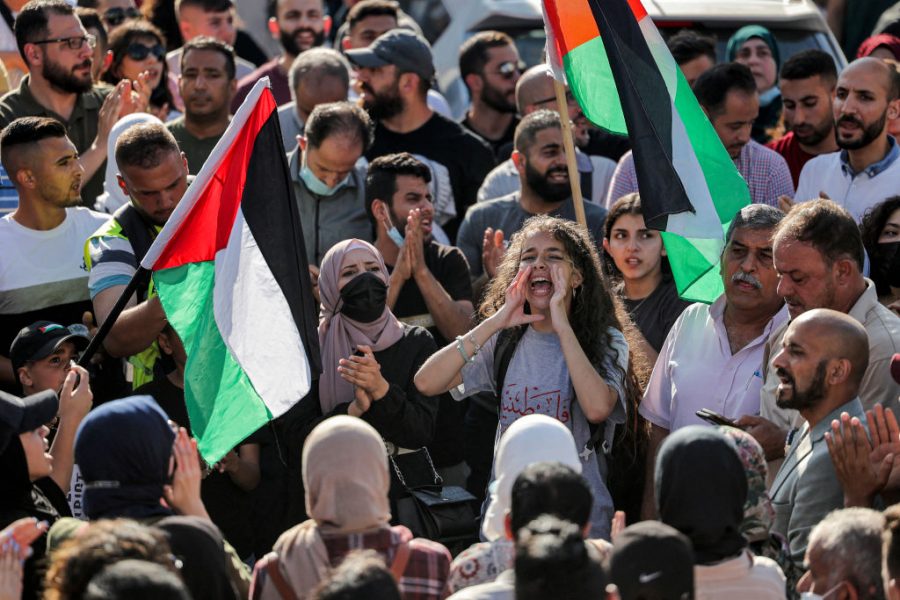
Planet A
A report submitted to UNESCO recommends that Australia’s Great Barrier Reef be classified as ‘in danger’ in light of the decades of damage from coral bleaching events and the ongoing threats to the reef from the effects of climate change. Environment Minister Sussan Ley said Australia was ‘blindsided’ by the recommendation and alluded to the role politics plays in the decisions of international bodies like the China-chaired UNESCO. The government’s energy policy includes continued support for fossil fuels, which make Australia one of the world’s largest per capita emitters of greenhouse gases.
Tourism is Queensland’s third largest industry, but mining is the largest, and the government is unlikely to shift away from coal despite concerns that tourism will decrease with reef degradation driven by warming ocean temperatures. The government’s commitment to coal puts Australia at odds with strategic partners, including G7 members the US and UK, which have pledged to divest from coal as part of their commitments to combat climate change.
Democracy watch
Hundreds of Palestinians are protesting in the West Bank following the death of Nizar Banat while in the custody of the Palestinian Authority. Banat was an activist and political candidate known for his social media videos on the PA’s security ties with the Israeli military, and political corruption.
Mahmoud Abbas became president in Palestine’s first elections in 2005. He is still in office, and has indefinitely postponed this year’s elections because of a dispute with Israel about the voting eligibility of Palestinians residing in East Jerusalem. Abbas’s critics have accused him of being out of touch with the Palestinian people, who are beginning to lose faith in the possibility of a two-state solution. Yet Israel and Western donors continue to support Abbas and the PA over fears that Hamas will take power if Abbas is removed.
The protests, however, have highlighted the increasing authoritarianism of Abbas’s government and the deteriorating respect for human rights demonstrated by PA security forces.
Information operations
US authorities have seized the domain names of 33 Iranian government–affiliated websites hosted on US-owned domains, joining over 100 others seized last year. The 33 sites were operated by the Iranian Islamic Radio and Television Union, a government-linked outfit that imitates news organisations. The US alleged that the union and other government-linked groups conducted covert influence operations during the 2020 US federal election. The 2021 US national intelligence assessment named Iran, China and Russia as the primary foreign actors that attempted election interference in 2020.
The US action comes days after Iran’s president-elect, conservative hardliner Ebrahim Raisi, ruled out meeting with President Joe Biden, saying that Iran’s missile program and support for regional militias were not up for discussion. Raisi’s remarks could be aimed at shoring up conservative support before he takes office in August or posturing for a better deal as Iran’s nuclear deal talks resume.
Follow the money
On 24 June, the main pro-democratic newspaper in Hong Kong, Apple Daily, in operation since 1995, printed its last edition, of 1 million copies. Using the controversial national security law, the Hong Kong Security Bureau arrested Jimmy Lai, the owner of Apple Daily’s parent company Next Media, and five other executives. The authorities have frozen approximately US$2.3 million worth of assets from three companies—Apple Daily, Apple Daily Printing and AD Internet—in an effort to silence the company and as an example to like-minded Hong Kong news media.
Next Media has requested that the Security Bureau partially unfreeze the companies’ assets so they can pay outstanding wages to their employees. In return, Hong Kong authorities have asked for employees’ details and ‘sensitive information’. The company has yet to make a decision, and the Next Media Trade Union has emphasised that the privacy of employees is the priority. However, if the company does hand over information, it may prompt more companies to reassess their business holdings in Hong Kong in light of the uncertainties raised by the security law and its impact on Hong Kong’s economy.
Terror byte
Rwandan prosecutors have requested a life sentence for US Presidential Medal of Freedom recipient Paul Rusesabagina, who faces nine terrorism charges linked to his opposition political party, the Rwanda Movement for Democratic Change, including membership and financing of a terrorist group.
Rusesabagina was the subject of an Oscar-nominated film, Hotel Rwanda, which focused on his role in sheltering 1,268 ethnic Tutsi and moderate Hutu refugees during the 1994 genocide. He has since been living in exile in the US and Belgium, becoming a prominent critic of Rwanda’s growing authoritarianism.
Rusesabagina alleges that in August 2020 he was forcibly removed from Dubai to Rwanda on a Greek chartered airline under false pretences, saying he was led to believe that the flight was destined for Burundi. A Rwandan court has ruled that these allegations are false.
The Rwandan government has faced multiple accusations of spying on international dissidents in Canada, Australia and South Africa. The rules governing extradition of alleged terrorists are haphazard under international law due to lack of consensus on the definition of terrorism. Rusesabagina’s alleged deception and forced rendition expose the lengths authoritarian regimes may go to to capture dissidents in defiance of international legal norms.

